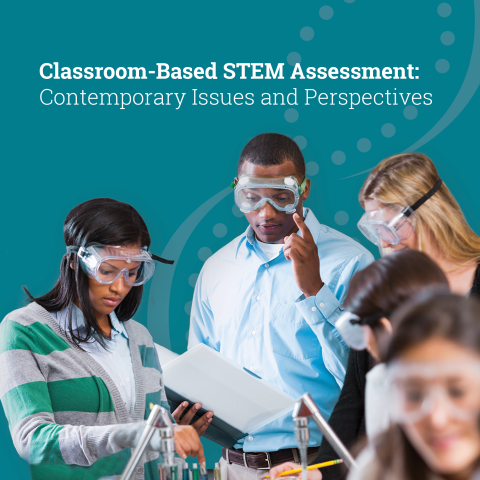Characteristics of Mathematics Coaches’ Suggestions to Teachers
We developed an analytic framework related to the suggestions coaches provided to mathematics teachers as they engaged in content-focused coaching cycles. We analyzed 712 suggestions from nine coaches and 58 coaching conversations. Analysis focused on what the suggestion entailed and how suggestions were made. Most suggestions focused on revising or adding a task feature or asking questions to advance students’ thinking. Most suggestions were not contingent on what happened during the lesson and were specific and clear about content and timing, especially when focused on lesson design.
We developed an analytic framework related to the suggestions coaches provided to mathematics teachers as they engaged in content-focused coaching cycles. We analyzed 712 suggestions from nine coaches and 58 coaching conversations. Analysis focused on what the suggestion entailed and how suggestions were made.
